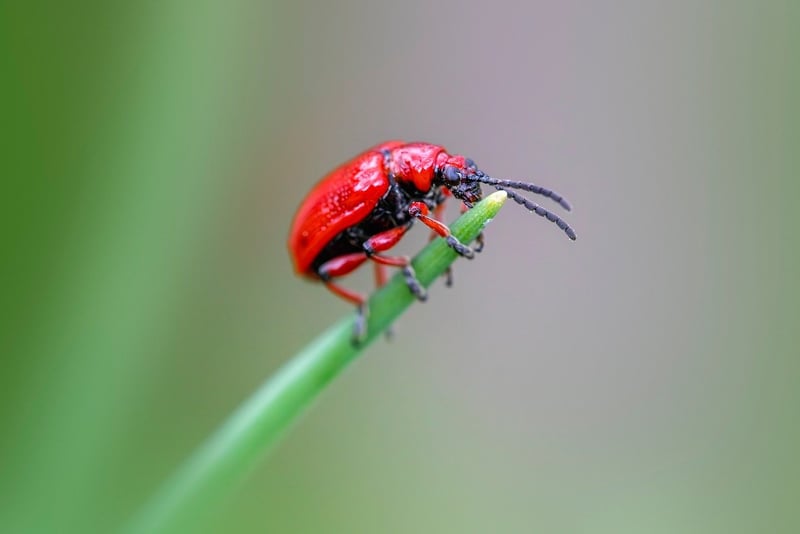Identifying Pests
Protecting Your Garden from Pests
Introduction
Having a beautiful garden filled with vibrant flowers and lush plants can bring joy and tranquility to your home. However, pesky pests can quickly turn your garden into a battleground. In this article, we will explore ways to protect your garden from pests and identify common garden invaders.
1. Choose Resistant Plants
One of the best ways to prevent pest infestations is to choose plants that are naturally resistant to common garden pests. Research which plants are known for their pest-resistant properties and incorporate them into your garden.
2. Maintain Garden Hygiene
Keeping your garden clean and tidy can go a long way in deterring pests. Remove fallen leaves, weeds, and debris regularly as they can provide hiding spots for insects. Additionally, avoid overwatering your plants as excess moisture can attract pests.
3. Use Natural Predators
Introducing natural predators like ladybugs, lacewings, and birds into your garden can help control pest populations naturally. These predators feed on common garden pests, keeping their numbers in check without the need for harmful chemicals.
4. Implement Physical Barriers
Installing physical barriers such as fences, netting, or row covers can prevent pests from reaching your plants. This method is especially effective for keeping out larger pests like rabbits and deer.
Identifying Common Garden Pests
Aphids
Aphids are small, pear-shaped insects that feed on plant sap. They can quickly multiply and damage plants by causing wilting and stunted growth.
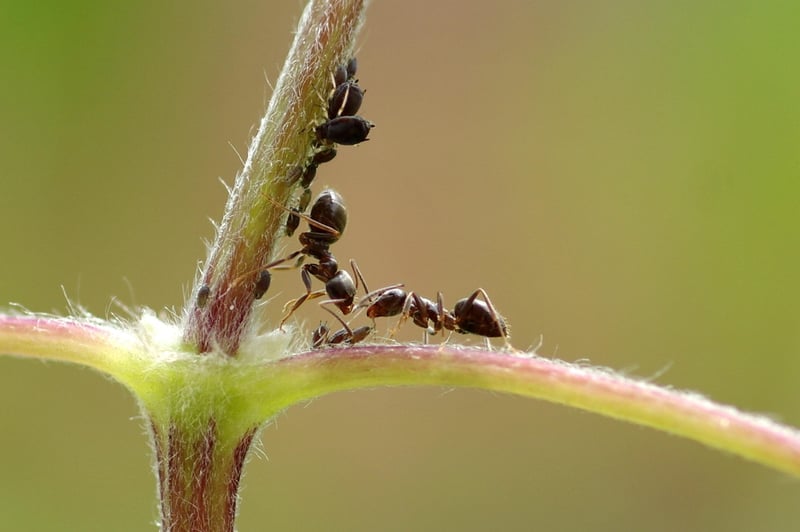
Slugs and Snails
These slimy creatures are nocturnal feeders that target a wide range of plants. They leave behind large holes and silvery slime trails.
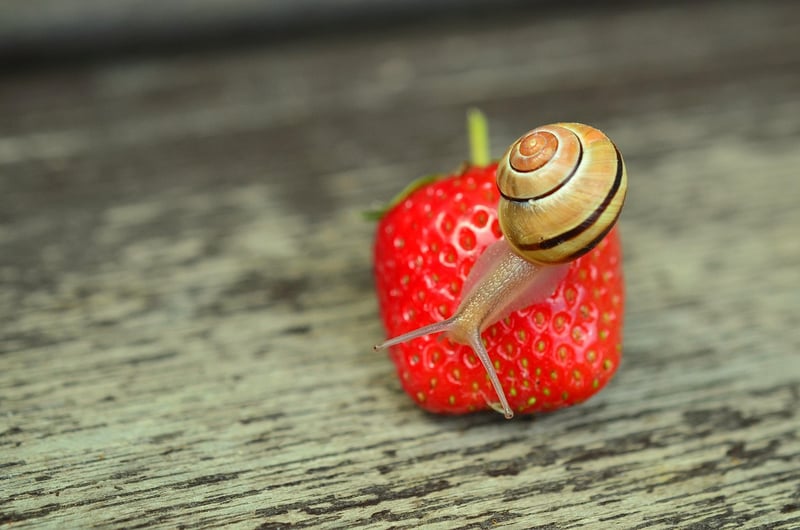
Caterpillars
Caterpillars are the larval stage of moths and butterflies. They feed voraciously on leaves, causing extensive damage to plants.
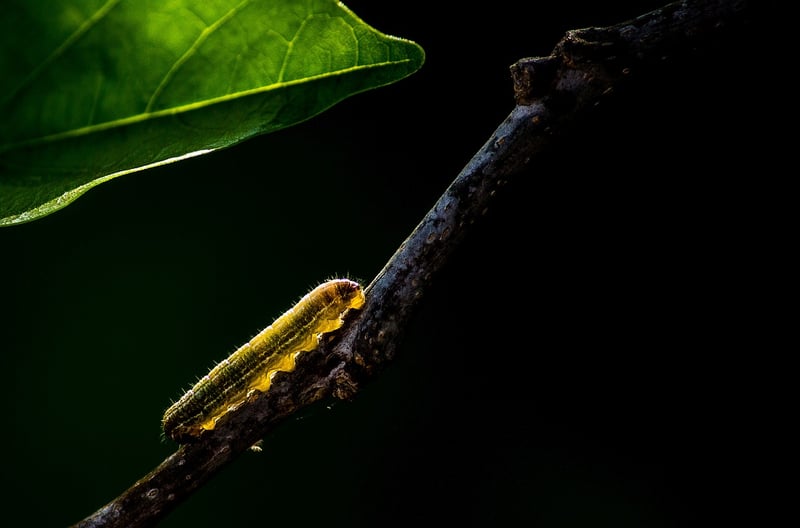
Japanese Beetles
These metallic green and copper insects are destructive pests that skeletonize leaves by feeding on plant tissue between leaf veins.
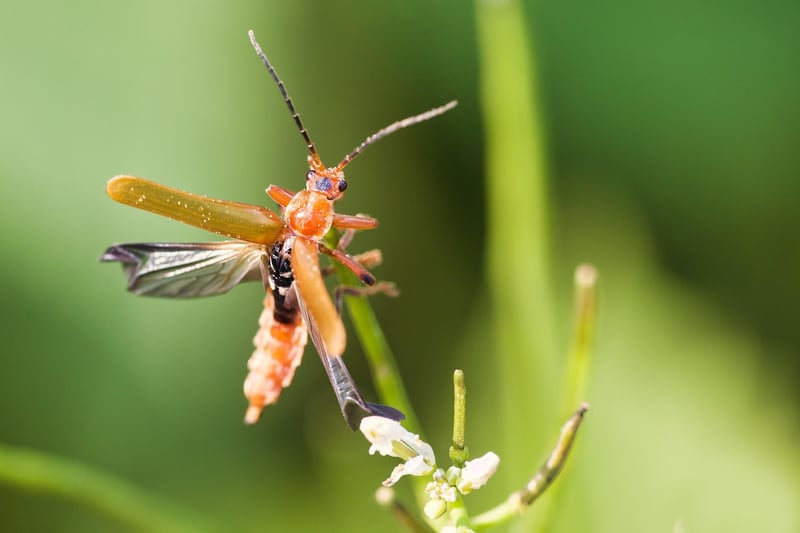
By following these tips and being able to identify common garden pests, you can effectively protect your garden and ensure that your plants thrive in a pest-free environment.
